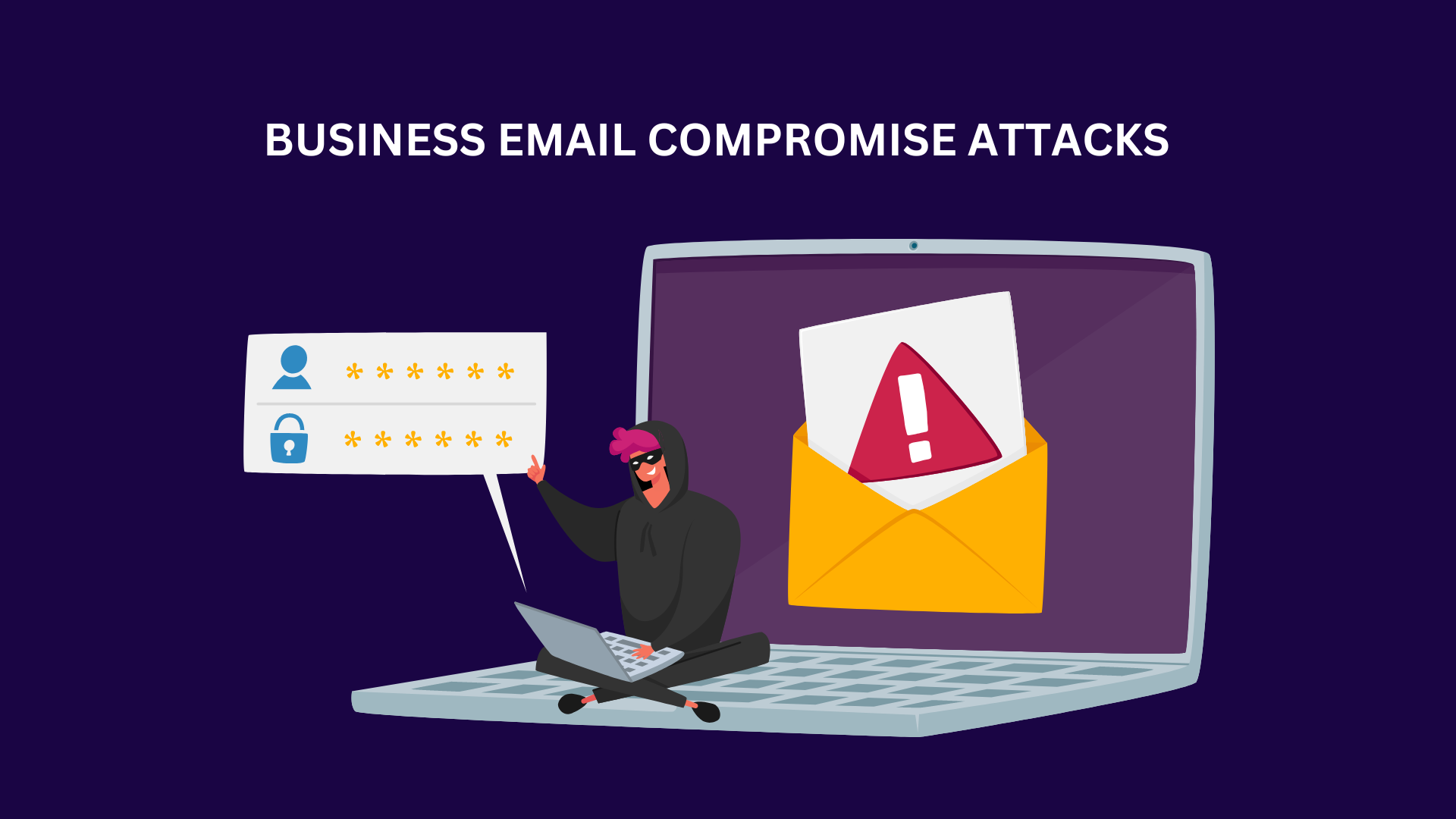analyse patterns to forecast future offences. The objective of creating profiles for hackers is the same, i.e., to prevent crimes and apprehend offenders. One of the most enigmatic criminals in the world is the hacker. During the commission of a physical crime, most offenders may face their victims. Almost infrequently would a hacker confront their victim in person. In reality, a hacker from anywhere in the world can compromise your personal or official information. Every day, it appears that hackers are becoming more innovative. Hacker personas are made-up personalities based on real-life hacker behaviour and real-world assaults. Organizations can figure out the best protection against specific sorts of assaults and anticipate when they will happen next by creating these personas. A typical hacker’s profile has been detailed in this article.
What makes Hackers?
Hackers can come from various backgrounds, including youngsters wanting fame, disgruntled workers seeking vengeance on their bosses, and specialists working for international cybercriminal organizations. Their hacking abilities vary considerably, from computer whizz kids to less-capable “script kiddies” who rely on pre-written exploits acquired from the internet. Hackers are divided into three groups in general:- Cybercriminals are usually motivated by monetary gain or fame.
- Activists, commonly known as “hacktivists,” are motivated by political reasons.
- Government-sponsored hacker networks that engage in cyber-warfare
Above Average Intelligence
A hacker’s intellect is usually above average. It is tough to create computer codes and programmes. Developing computer codes and programmes that intentionally breach other devices while evading security safeguards is considerably more challenging. Hackers are familiar with the majority of cybersecurity systems and aim to avoid organizations that have good cybersecurity. Hackers frequently target small to medium-sized businesses. Hackers with the highest intelligence seek to create programmes that allow them to break into some of the world’s largest and most secure corporations.Introvert Nature
As one may expect, the word “introvert” would appear in a hacker’s usual profile. The hacker usually sits in front of a computer for a long time while developing codes. The hacker then runs the programme, which might take a long time if the cyber-attack goes wrong. This is a profession in which the person means the hacker must be able to work for long periods without communicating with others, prompting experts to assume that the majority of hackers are introverts.Lone Wolf or Group Mentality
The hacker will use one of two approaches: working alone or with others. When it comes to cyber-attacks, hackers become a lone wolf and work alone. They might also be members of Anonymous, a group that advocates cybercrime for a specific reason. Smaller groups of hackers may be the sole ones accountable in huge hacking groups. Large groups target more prominent organizations such as government websites.Age
The hacker is usually in their twenties or thirties. Computer science is a relatively young discipline that is growing in prominence year after year. It’s a complex field that millennials control. Hackers as young as adolescence are attempting to gain access to your personal information and sensitive data. However, it would be best if you do not underestimate these nascent hackers. They are frequently the brains behind the creation of undetectable harmful computer programmes.Gender
Only 28% of computer programmers are women, according to the US Department of Commerce. Given that women are not as prevalent in cyberspace as males, it is reasonable to conclude that a hacker is a man. Obviously, with more women joining computer science every year, there will be exceptions, but statistics do not lie.Conclusion
Cyberattacks will become more common as we become more connected. Over two years, researchers from the University of California, San Diego, and the University of Twente in the Netherlands revealed that a third of the internet is vulnerable to denial-of-service assaults at any one time, and the problem is only getting worse. Therefore, you should never underestimate the hacker’s strength. If your organization isn’t effectively secured, get help from a cybersecurity firm to minimise your vulnerabilities. Regardless of size, all businesses are vulnerable. Secure your computer systems and network to reduce your risk.About SNS
Secure Network Solutions India (SNS) provides a quantifiable, risk-based approach to building corporate cybersecurity based on globally recognized frameworks and standards. We have been protecting businesses for the last 20 years! Write to us at [email protected]. ![]()




